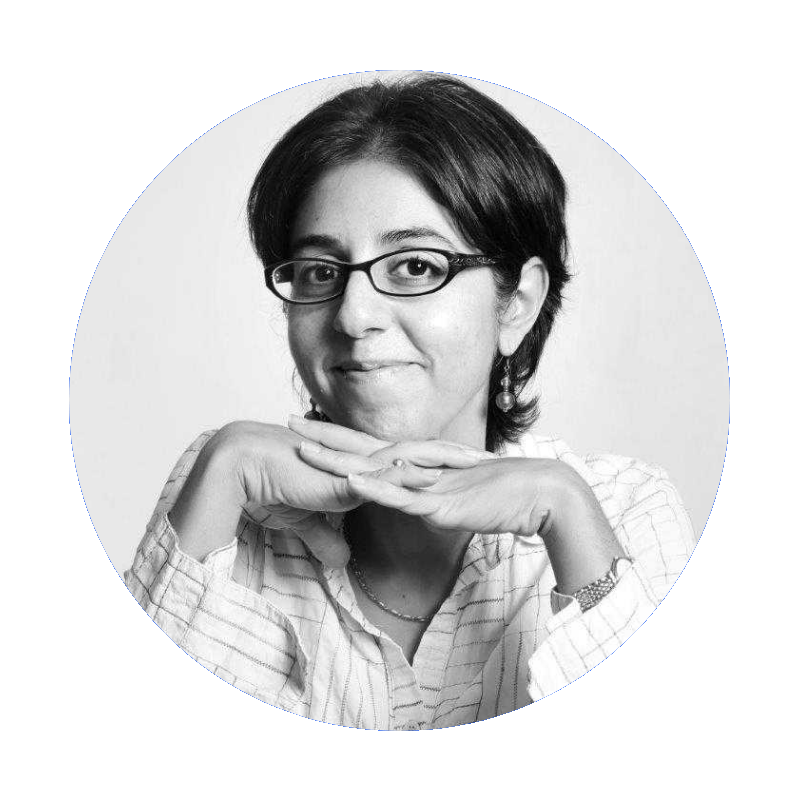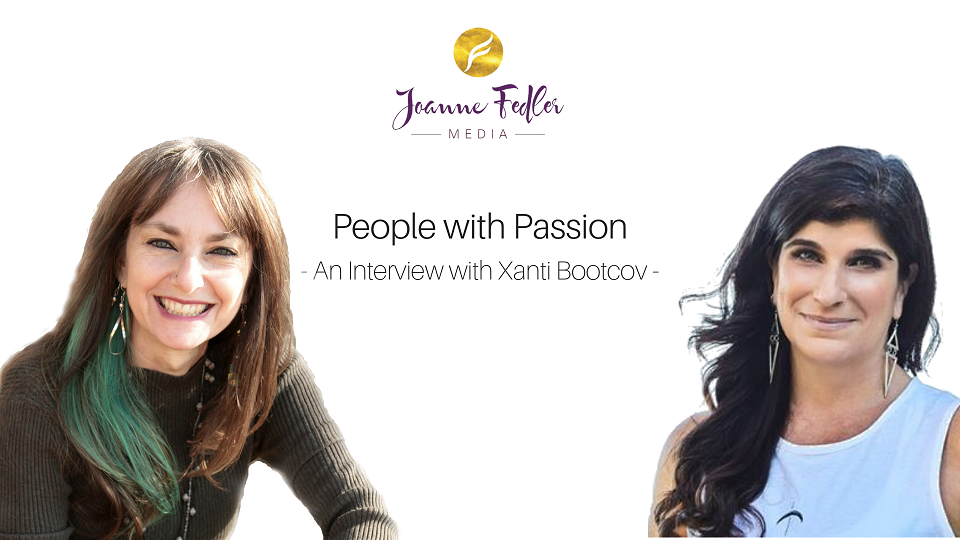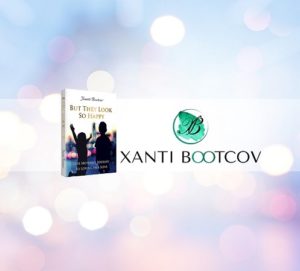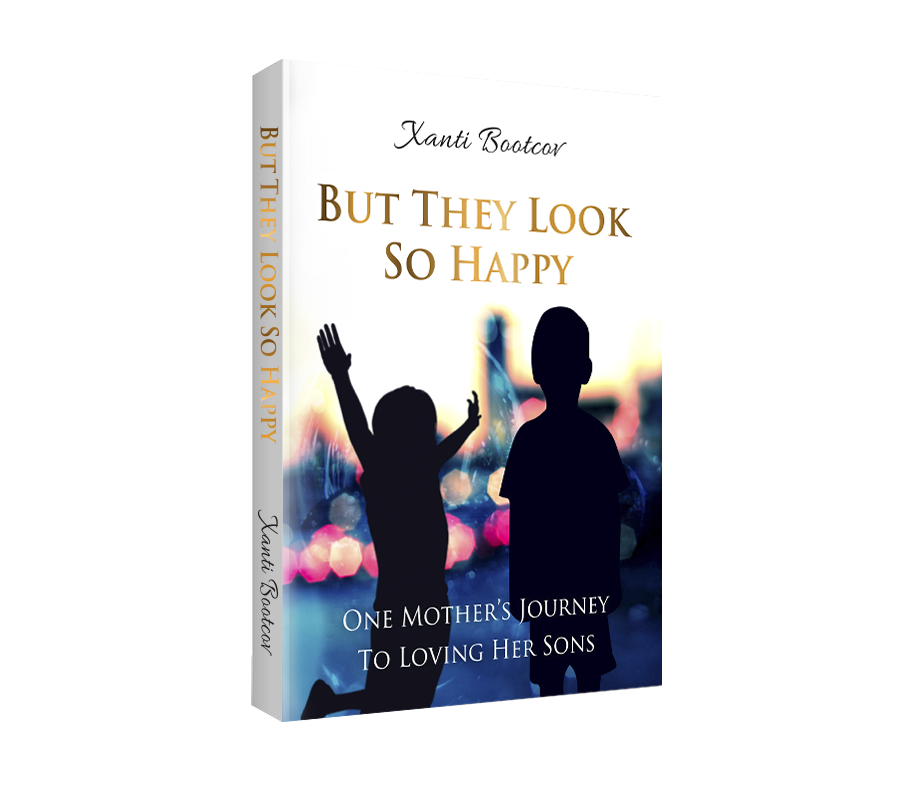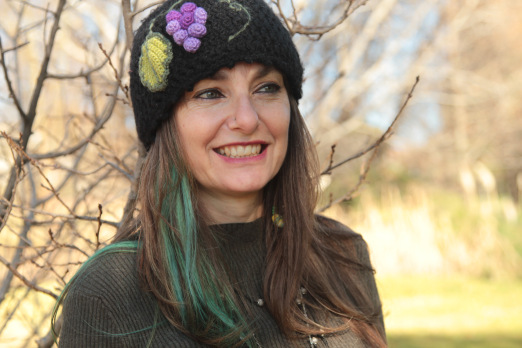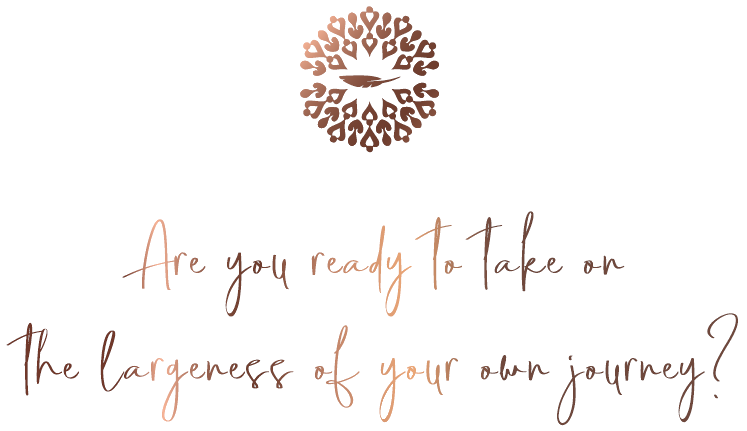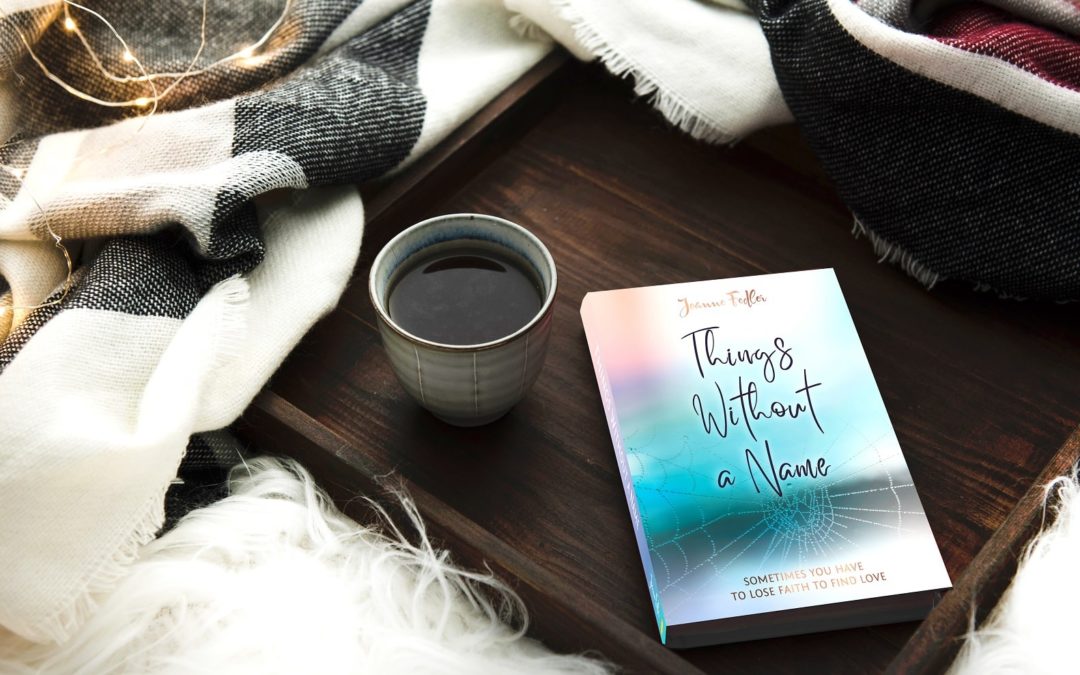
Why Books Are the Best Presents
Why Books Are the Best Presents
Why Books Are the Best Presents and All of Our Wins in 2018
“Books are the quietest and most constant of friends;
they are the most accessible and wisest of counselors, and the most patient of teachers.”
―Charles William Eliot
‘I’m so proud of you,’ I sniffed. I was holding the first copy of Xanti Bootcov’s memoir, But They Look So Happy which had just arrived from the printer. From screen to hands is a magical transformation. I adore the heft of paper, the gloss of print. It is a tiny miracle to have walked a path with someone from ‘I want to write a book,’ to holding the book in your hands.
‘And I am so proud of you,’ she said. ‘You did it. You really published me.’
Just as she’d never imagined she’d someday be an author, I too never quite grasped that I’d actually be publishing books and the heat of accomplishment each one would bring me.
A few weeks ago, the delivery guy said to me, ‘You sure buy a lot of books.’
Despite being in an anti-acquiring phase of my life, books have escaped this purge.
A physical book is, of course, a ‘thing,’ and you can, like me, have too many of them and run out of shelf space, which is what a Kindle is for.
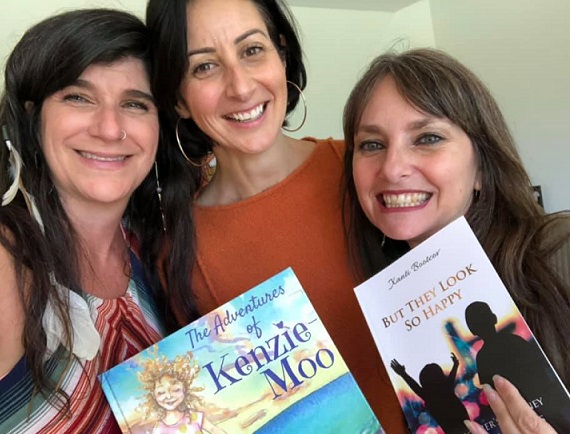
But books are not ‘things’ in the manner of a nik-nak. They are not tchotchkes or ornaments. They do collect dust if you are not careful enough, but they take up space in a different way than too many vases or platters do. They are more like sculptures than trinkets. They are art. They tell the story of who we are. We are defined by what we’ve read.
“Our books will bear witness for or against us, our books reflect who we are and who we have been, our books hold the share of pages granted to us from the Book of Life. By the books we call ours we will be judged”
―Alberto Manguel, The Library at Night
Even if we lose or give away a physical book, it can still stay with and in us. It has been easier for me to let go of some relationships than it has been to get rid of some books.
Books leave their traces in our hearts and minds.
The gift of a book tells someone, ‘There are treasures in here I think you will love.’ It is the most meaningful of all gifts. It is the antithesis of a voucher. It is the ultimately personal acknowledgement of the depths of another person’s humanity.
So with Christmas and Chanukah just here, we want to invite you to bookishly love your family and friends. Joanne Fedler Media has something here for everyone in your life. And let’s face it, a book is such a modest investment given the time, energy and creativity it has taken to produce it, yet it is never a ‘cheap’ gift. People always feel thought about when you give them a book.
Need something for your mother, mother-in-law, sister-who-loves-to-read or grandma-who-goes-to-bookclub?
They’ll be moved to tears by Xanti’s memoir, But They Look So Happy about Xanti’s experience of adopting two six year old orphans in Mexico.
Or if they prefer literary fiction, my book Things Without A Name (10 year anniversary edition) is a good holiday read. It’s the story of Faith, who at the age of 34 has given up on the prospect of ever falling in love because she’s seen too many love-gone-wrong stories in her work at a women’s crisis centre. It is by far my best book – and I’d love to know what you think of it.
For the children in your life, we have two exquisite offerings – Jess Zlotnick’s What Mouse Knew and Tanya Savva’s The Adventures of Kenzie-Moo – books that encourage emotional literacy and will give you a warm chocolatey feeling as you read them.
Got a doodler in your midst? A latent creative? How about Dov Fedler’s If You Can Write, You Can Draw?
And for poetry-lovers, my 50th birthday collection, The Turning might hit the mark.
I know many of you have already purchased some (or all) of our books – so THANK YOU – your support means everything to us.
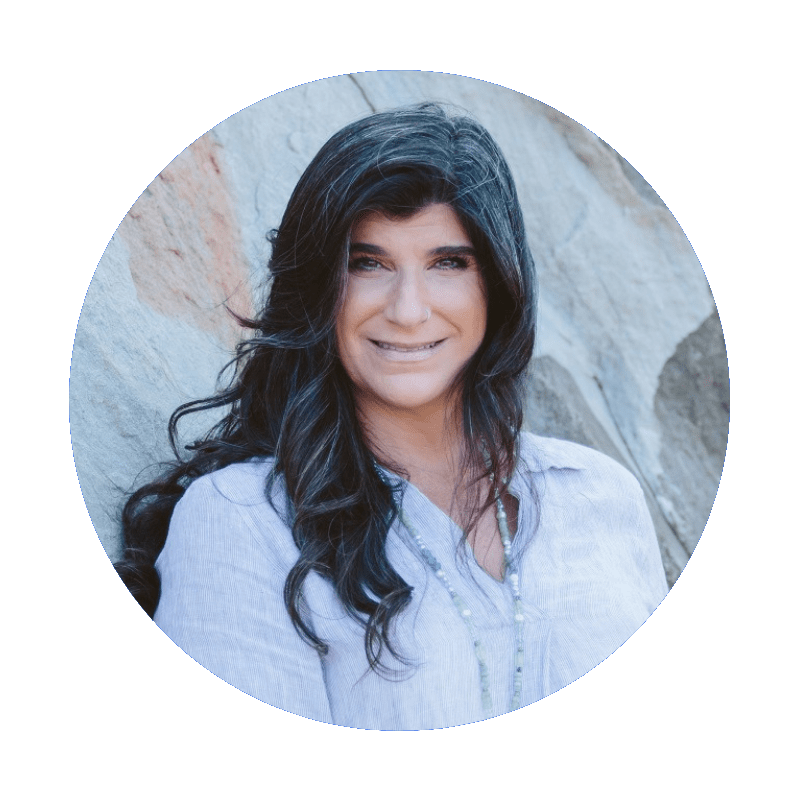
About Joanne
Joanne Fedler is an internationally bestselling author of 10 books, writing mentor and publisher. In the past seven years, she’s facilitated 12 writing retreats all over the world, mentored hundreds of writers (both face to face and in her online writing courses), set up her own publishing company, Joanne Fedler Media, and published four debut authors (with many lined up to follow). She’s passionate about publishing midlife memoirs and knows how to help people succeed in reaching their goal to become a published author.
2018 has been such a huge turning point for me personally and for my team.
We have taken over 130 writers through our transformational Author Awakening Adventure.
We are currently running two overlapping Masterclasses with over 60 aspiring authors.
We’ve published 6 books with the help of the wonderful Karen McDermott of Serenity Press and The Making Magic Happen Academy.
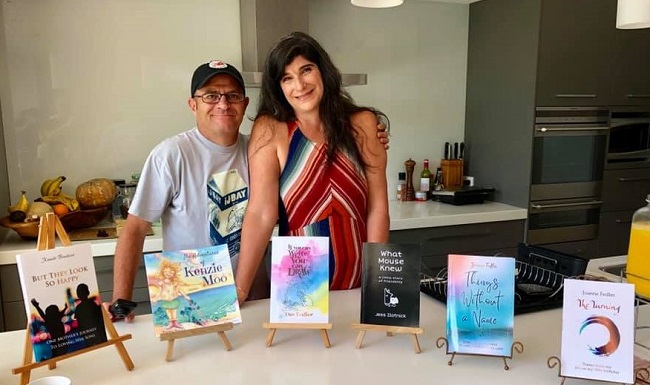
And we already have a line up of books for publication in 2019.
This year we published 22 new writers on the Joanne Fedler Media blog with 29 outstandingly written blog posts, edited by our blog and content manager Jennifer Pownall, who did an awesome job.
In March we are running a 5 day live event in Sydney – The Midlife Memoir Breakthrough. We still have a few places left (at the time of writing this newsletter). While I was creating and curating the Masterclass, I learned so much about how we can shape our experiences into shareable narratives and I want to pass on these insights in an intimate group of writers.
Whenever I mentor my writers, the first question we ask is, ‘who is this book for?’ If you are still reading this newsletter, the answer is, we are writing for you.Thank you for your ongoing support to our writers and to this community.
I couldn’t have done any of this without my incredible team – thanks to Norie, Naila, Lisa, Jennifer, Zed and Jean-Marc who have executed on all my crazy ideas with so much creativity, brilliance and enthusiasm,
Finally, I was asked to write my Soul Story for Karen McDermott’s new magazine Enrich. It came out in a voice I’ve never written in before – and was one of those surprises provoked by the prompt. I hope it inspires you to give it a go – what’s your soul story? (If you’d like to purchase copies of the magazine as stocking-fillers, you can get some here – it’s filled with other wonderful stories and special offers for readers).
May you have a blessed end to 2018.
Come and Join the Midlife Memoir Breakthrough
A Five-Day Live Event in Sydney with Joanne Fedler

In this hands-on, intimate workshop (an eclectic mix of teaching, instruction, writing exercises, meditations, ritual, sharing and other joyful activities), I will teach you how to take the material of your life – the moments that counted, no matter how shattering or modest – and weave them into a memoir that makes sense of it all.


